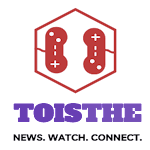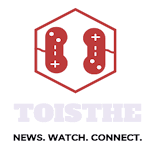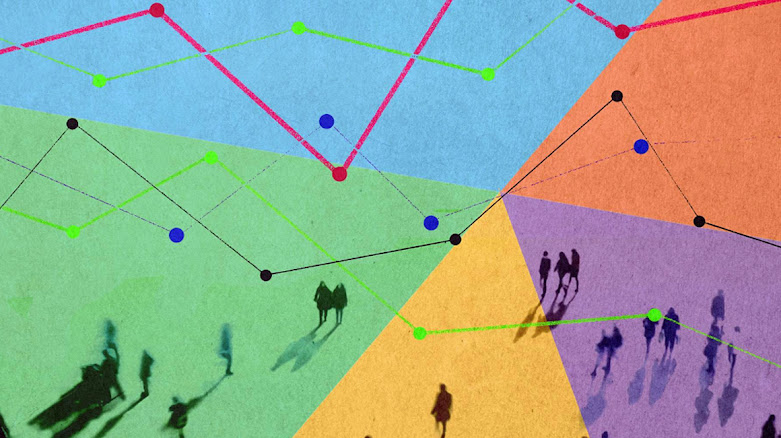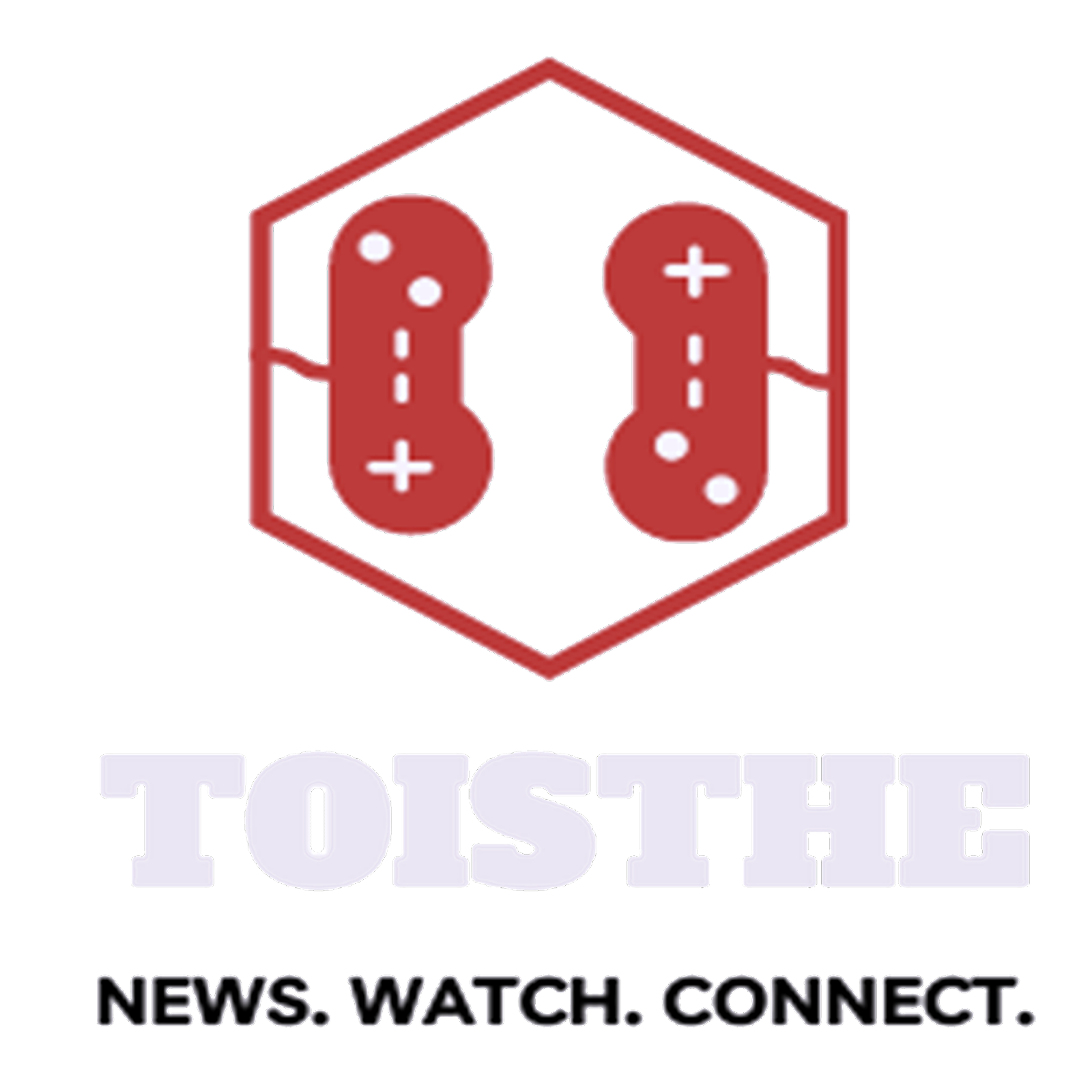'To be able to serve your communities as a Stem organization, you must first understand who they are, says Nicholas Burnett of the University of California at Davis in the United States. 'You can't really provide truly useful resources if you're not collecting data that accurately characterizes who the folks are.
A study led by Burnett found that while more than 60% of Stem societies collect data on gender identification, race, and ethnicity, just 15% question their members or conference participants about their sexual orientation or handicap status. 'That is the most surprising result,' says Burnett. Even fewer organizations – 6% – ask members about their marital and family status, veteran status, or religion, and none ask about religion.
This reveals that many Stem organizations fail to recognize entire groups of people, such as LGBTQ+ and disabled scientists, despite evidence of prejudice and underrepresentation in both groups.
In society surveys, the amount of options presented varies a lot. Some organizations may only provide two gender identification (man or woman) or disability (yes or no) options, while others may provide up to five times as many. Several separate Asian communities are frequently blended into one ethnic group in the ethnicity.
If you don't provide them enough options, you risk erasing their identities or preventing them from responding to surveys. Burnett points out that making options more inclusive and specific could assist organisations give personalized resources or funding opportunities rather than holding a single event for all underrepresented groups.
His team advises businesses to look at a variety of national survey programs for inspiration. Many societies' surveys are based on the National Science Foundation, which does not question about sexual orientation, although the Centers for Disease Control and Prevention does. According to Burnett, the latter is also superior at gathering comprehensive information regarding race and ethnicity.
The American Chemical Society's (ACS) office of diversity, equity, inclusion, and respect is led by Rajendrani Mukhopadhyay, who describes their proposals as "solid" and "actionable." The ACS was not one of the organizations assessed by Burnett's team.
Organizational traditions, routines, and limits, on the other hand, can make it difficult for societies to adapt their data collection processes, according to Mukhopadhyay. 'Another set of impediments is attitudes, which might include incorrect assumptions, as well as concerns and fears about data privacy and security.
Burnett, on the other hand, is optimistic, stating that the majority of the societies he and his colleagues spoke with were eager to improve. He proposes that more cross-society collaboration could address these difficulties, despite the fact that they typically lack the funding and social scientific knowledge needed to implement improvements.
'At the moment, the overrepresented groups are making all of the decisions about who is recognized and who we are attempting to assist,' adds Burnett. 'We need to fix that,' says the author.
References
N P Burnett et al, Science, 2022, 376, 37 (DOI: 10.1126/science.abo1599)
Source: Author - Katrina Krämer. Chemistry World










0 Comments
please do not enter any spam link in the comment box